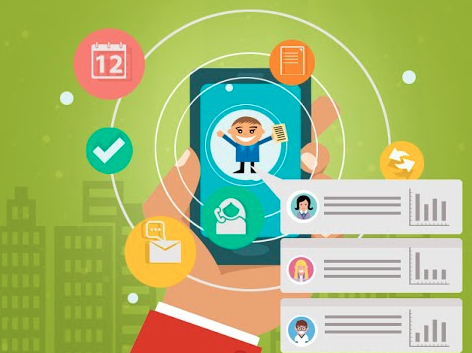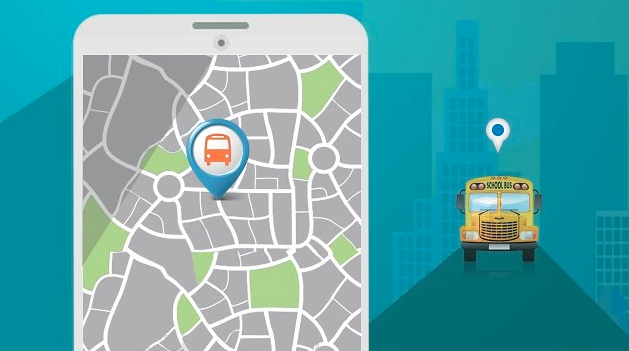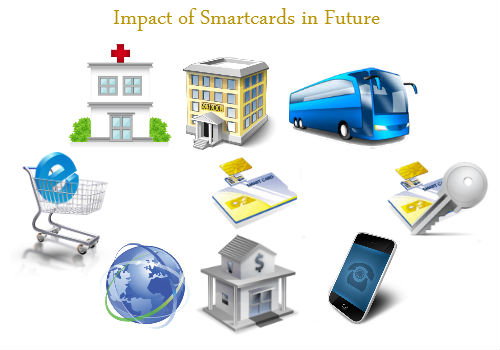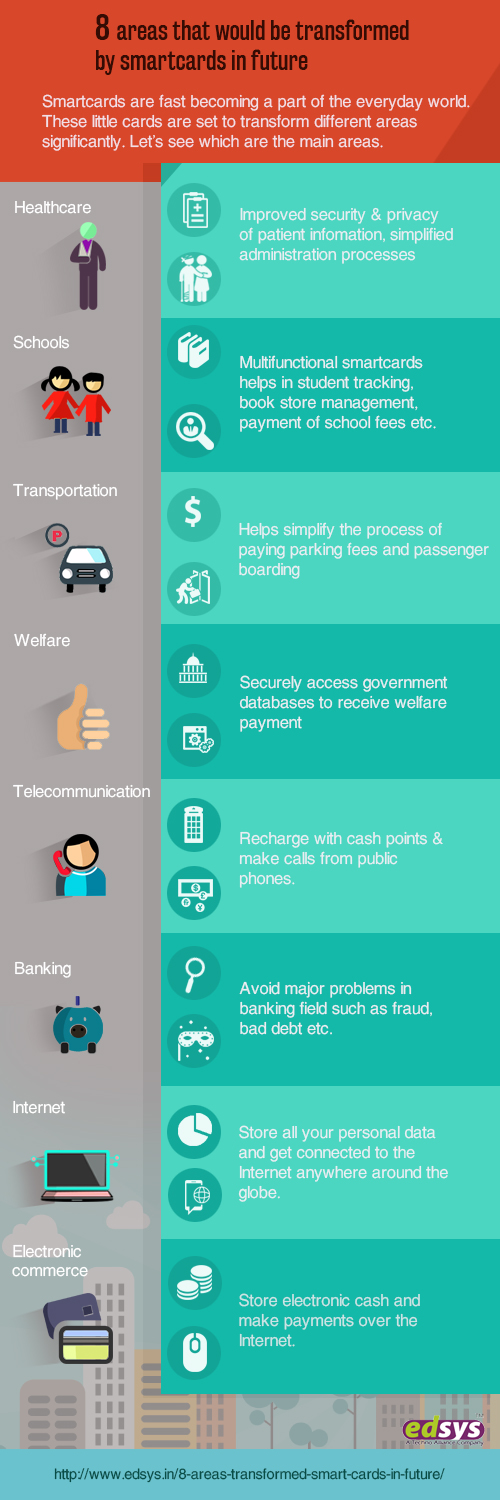Categories(658 Blogs)
Select Category
Watch Right Now
Teacher App - Class
Schedule & Attendance Management App
Parent App from Edsys

Best School Bus Tracking System

Cashless School - For Smart Schools of Tomorrow


8 Areas that would be transformed by smart cards in future

If you are a fan of Hollywood sci-fi movies, you might have come across various means of individual identification. Remember the retina scan in Minority Report, finger prick in Gattaca and many more. But these futuristic technologies would take quite a long time to become practical everyday solutions. For the immediate future – say the next couple of decades, we have smart cards, which everyone including you and me would find easy to use.
Smart cards or Integrated Circuit Cards (ICC) are very much similar to a credit card and it is usually made with plastic. Smart cards contain integrated circuits embedded inside them. They are capable of providing many functions such as identification, data storage, authentication and application processing. The advantages of smart cards over conventional magnetic stripe cards are high security, convenience, reduction in fraud activities etc. So smart cards have a bright future. Using a smart card, you can access various applications and networks. Smart cards offer services to both public and private sectors. The future aspects of smart cards in these sectors are discussed below:
Services in Public Sector:
Smart card provides services in various fields under public sector. Those are mentioned below:
1. Healthcare: Smart health cards are capable of storing various information regarding patients like medical, administrative, pharmaceuticals and biological records. It also helps to reduce frauds in healthcare, improve the privacy and security of patient data and also provides a secure platform to implement new applications in demand with the health care organization. Smart health card helps to simplify the administration process and allow doctors to access complete and comprehensive patient information.
2. Schools: Students are provided with multifunctional smart cards at schools and colleges. Take for instance, the Edsys student smart card solutions. Their uses include:
- Student tracking: Edsys’ smart card solutions enable parents to get real time information about their kids and their vehicle. They can track their kid’s vehicle location. Automated SMS alerts are sent to the parents if their kids are in any sort of danger. Edsys’ smart card solutions also generate various Management Information System (MIS) reports. Data of students, drivers and parents can also be stored in this smart card.
- As an electronic purse in canteen/cafeteria: Edsys smart card allows students to purchase items at canteens. Students can check the balance available on their smart card at the time of the purchase. At the time of the purchase, the appropriate amount will be deducted from the available balance and the attendant would issue the ordered item. Parents would be able to check the purchase statements against the money credited on to Edsys smart card.
- Payment of fees: Using Edsys’ smart card, parents can pay their kid’s school fees. In comparison with the conventional method of providing name and other details to pull up details, encoded information in the smart card helps to identify the student and their fee details. At the Fee collection counter, parents can top up the credit on the card by paying the amount to the cashier.
- Library: Using Edsys smart card, students can mark their attendance in the library when they are using library for reading. Similarly, librarians are able to pull up records of students to issue/return library books.
- Book store management: Students can purchase books, magazines etc. from the book store using Edsys’ smart card. Parents would get a statement of items purchased from the store.
3. Transportation: Transportation smart cards are rechargeable and also they are contact-less cards. If you have this smart card, you don’t need to take tickets or pay money while you travel. It will also simply the process of passenger boarding. Using this smart card, you can even pay for your parking.
4. Welfare:
Smart cards can be used to identify finger prints of the card holder. Using this facility, card holder can access government databases and he/she can receive the welfare payment. The security provided by the card will help to eliminate the frauds.
5. Telecommunication: The Subscriber Identity Module (SIM) which is used in mobile phone is a smart card of reduced size. Calls can be made from the public phones using smart card and they can be recharged with cash points. By using the card, you don’t have to use coins in the public phones and this will reduce the vandalism. Usage of smart cards will reduce the operating charge and will increase the revenue. Studies have shown that people who use smart card to communicate tends to talk more on the phone.
Services in Private sector:
Usage of smart cards can reduce the handling and transaction costs. Smart cards combine the functions of various cards into one. They gives users the ability to make peer-to-peer and online/offline transactions. Smart cards have made rapid and potential advancements in various fields such as Banking, Internet and Electronic commerce.
6. Banking: Smart cards can avoid the major problems in banking field such as fraud, bad debt and the limitation of magnetic stripes. Smart cards are capable of storing 80 times more data than the conventional cards. Based on each individual’s profile, smart card helps the financial institutes to offer more services and personalized products for the card holders.
7. Internet: Instead of a remote device, smart card can store all personal data such as e-mails, user ID’s, phone numbers etc. It allows to get connected to the Internet anywhere around the globe if you have either a phone or an information kiosk.
8. Electronic Commerce: Smart cards can store electronic cash in it and card holders use that to make payments over the Internet. Customer data and payment details are transported securely over the Internet using Secure Electronic Transaction (SET) protocol.
Smart cards are widely accepted in Asia, Europe and in less developed countries mainly because of their convenience and safety. At present, smart cards are used for Internet access, wireless telephony, banking, payphones and healthcare. It would continue to revolutionise various sectors and pave way to a future that looks like a sci-fi movie.
Recent Blogs
Our Educational Services
Popular Blogs
Subscribe

SUBSCRIBE TO OUR NEWSLETTER
Sign Up and Recieve the Latest News
Don’t Worry, We Don’t SpamExplore Our Extensive Researched Educational App Directory
Visit Now















